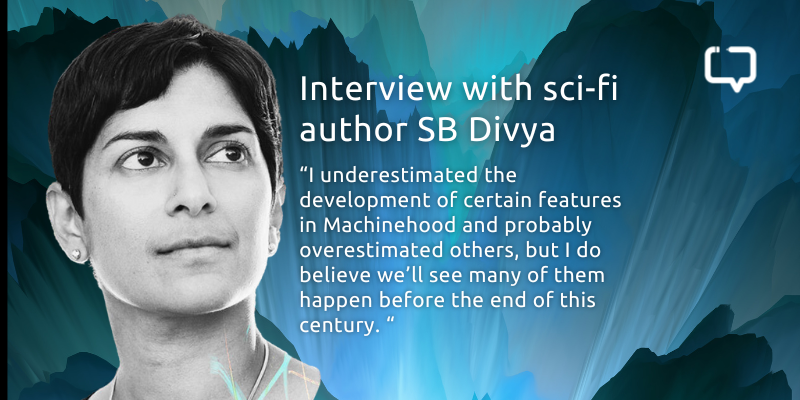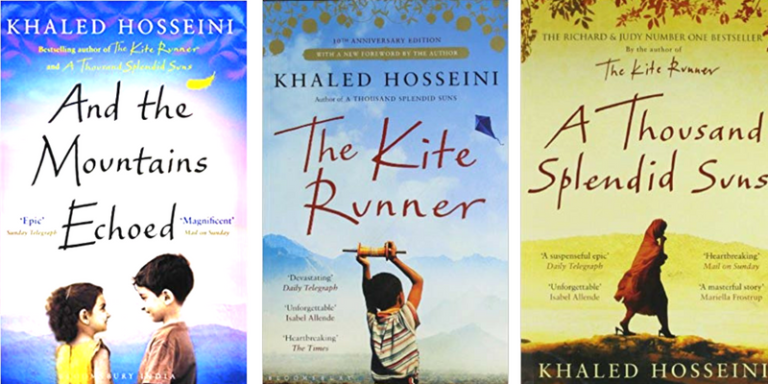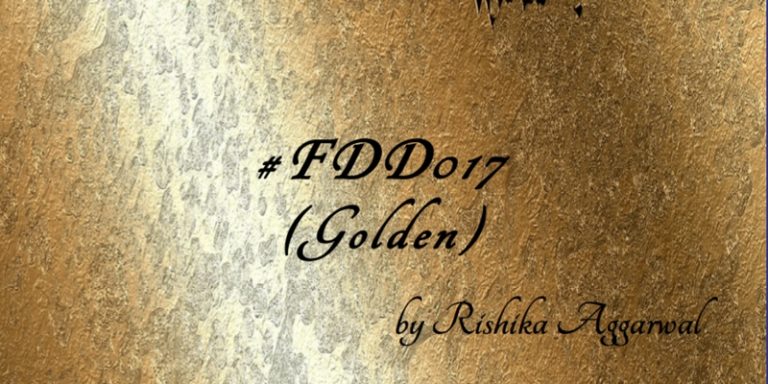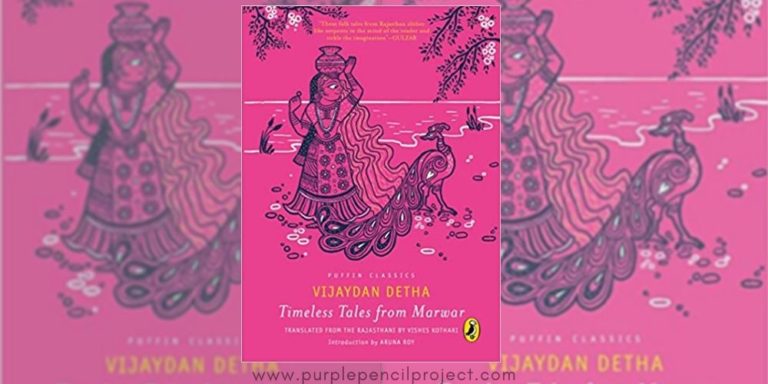S.B. Divya is a lover of science, math, fiction, and the Oxford comma. She enjoys subverting expectations and breaking stereotypes whenever she can. Divya is the Hugo and Nebula Award–nominated author of Runtime and co-editor of Escape Pod, with Mur Lafferty.
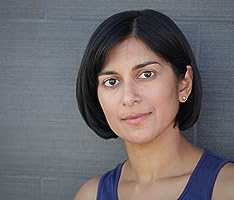
Her short stories have been published in various magazines including Analog, Uncanny, and Tor. She is the author of the short collection, Contingency Plans for the Apocalypse and Other Situations, and her debut novel, Machinehood.
Divya holds degrees in computational neuroscience and signal processing, and she worked for twenty years as an electrical engineer before becoming an author. Find out more about her at SBDivya.com or on Twitter as @DivyasTweets.
Team P3 is in conversation with her, where we spoke about her debut novel, Machinehood, her other books, writing, and reading.
Team P3: I want to go back to the beginning of your journey as a writer and world-builder – Strange Attractors, The Egg. How did you first decide to write science fiction? Is there a moment, of inspiration or epiphany, that led to your career as an author? Who were the authors of this genre that inspired you?
S.B. Divya: I started writing science fiction at the age of 13 as part of a class assignment. I’d been reading in the genre for several years and loved it, so it was a natural choice. It inspired my interest in studying science and then engineering. I took a break from fiction writing to focus on a tech career, but after having a child, I really wanted to claim some time for myself.
Writing has always recharged me, and I decided to try making it a second career. Authors I’ve loved in the past are Frank Herbert and CJ Cherryh. More recently, I’ve been inspired by Yoon Ha Lee and Kameron Hurley.
Team P3: Had you imagined that the world you built in Machinehood would come to kinda-reality so soon in our lifetimes? What were the developments of the time that inspired you to write on this specific theme?
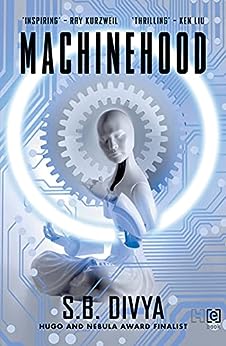
S.B. Divya: I started working on the ideas for Machinehood in 2016 and wrote the first draft in 2017. As part of the research, I looked at emerging developments in science and technology and did my best to project when those might become widespread. I underestimated the development of certain features in Machinehood and probably overestimated others, but I do believe we’ll see many of them happen before the end of this century.
I was working in tech at the time and could see a lot of exciting things happening with machine learning and automation. I was also hearing and having conversations about human labour and the future of work at that time, and those issues have become even more pressing today.
Team P3: Part of the catch of genre-writing, and more so perhaps in one where you have to imagine alternate realities and build words around them – is the constant source of inspiration for these. What are the tangential readings, research, and TV watching you do that serve as inspiration, ideas, etc?
S.B. Divya: Coming from a neuroscience background, I suspect that everything I experience influences and inspires what I write. Some are more conscious than others. I often find interesting ideas in news articles, both human interest pieces and scientific developments.
From a story craft perspective, I find that I’m more analytical about the fiction I consume, whether literature or TV, or film. I’m usually studying plot and character. The former is an especially weak point for me, so I take a lot of inspiration from other stories. The latter is often drawn from real people I know or have read about.
Coming from a neuroscience background, I suspect that everything I experience influences and inspires what I write.
S.B. Divya
Team P3: As a writer – finding your voice versus sounding repetitive is a balancing act. Is this something you have to consciously take care of? How do you avoid it?
S.B. Divya: I don’t spend too much time thinking about my voice or my themes. I think those emerge naturally over the course of writing many different stories. I tend to like new ideas and my fiction is often heavy with those, so I have less fear of being repetitive and more fear that my readers will wish I would write more books set in the same world.
Team P3: The nature of science fiction, and the genre itself, deals with dystopia, pandemics, and several world-changing events. You wrote Contingency Plans for the Apocalypse And Other Possible Situations just a year before Covid. Do you think having thought about these scenarios helped you cope with the pandemic itself?
S.B. Divya: I suspect that the answer is yes only because I’ve also spent a lot of time looking at the long view of human history and its possible future. That said, nothing really prepares you for the personal effects of a disaster.
I lost a good friend early on in the pandemic, and I’ve developed long Covid since early 2021. Dealing with grief and disability was a big challenge.
Team P3: The other side to this question; writing about these scenarios of dying cities does that instill a certain fear or dread for our reality? How does that detachment happen? Do you have to work on bringing that detachment?
S.B. Divya: I always try to find hope in the stories that I write. I’m terrible with dystopias. They are sometimes fun to read/watch, but only if they end on a good note. I do worry about the future, especially as a parent, but I can also see that in general, humankind has found ways to survive and thrive and make progress in many ways. I hope that we continue to do so.
We encourage you to buy books from a local bookstore. If that is not possible, please use the links on the page and support us. Thank you.
Team P3: I want to broach the topic of being a subject expert of sorts in the fiction you write. How difficult or easy is it to push the boundaries of realities knowing the technical and scientific realities? Is it an advantage or a disadvantage? How do you navigate that when writing?
S.B. Divya: If anything, I think being a subject expert can be a bit of a disadvantage because it’s harder to let go of the implausible details. The benefits arise when your readers are also knowledgeable because they aren’t thrown out of the story by incorrect details.
I try to remember that a wide variety of people will be reading my fiction, so the most important part is to tell a good story. Getting the facts right is secondary because most people who are caught up in the narrative won’t stop to think too hard about the speculative elements. That said, I really enjoy doing research and making things as accurate as I can.
Team P3: India and its stories have been your sources of inspiration in many cases. Besides the epics, are there writers, folklore, or stories that you particularly enjoy reading, or have been inspired by?
S.B. Divya: I have enjoyed the works of Kalidasa as well as some of the Jataka tales. I read a lot of Amar Chitra Katha and Chanamama stories when I was younger.
Team P3: Are you working on more Alloy series? What are your upcoming projects? You have written fairly consistently since your first collection. Do you think we can expect the same pace in the future?
S.B. Divya: I’m currently working on book 2 of the Alloy Era, which is a follow-up to Meru but not a direct sequel. Due to ongoing health problems, my pace has already slowed. I haven’t been able to write short stories as much as I used to, so I suspect that my output will slow until I’ve made more of a recovery.
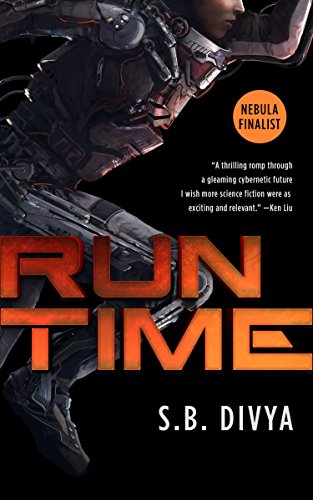
Team P3: Are there books or stories of yours you’d like to see on the screen? Which one of them would be most interesting?
S.B. Divya: My novella Runtime has been optioned a couple of times for film, and I think it would make a great movie. I’d love to see Machinehood adapted as a TV series, to give the story more room to breathe.
Meru would be more of a challenge because it would require a huge special effects budget, but it could make an interesting animated series.
Team P3: What are the top tips you would give to budding sci-fi writers?
S.B. Divya: Write what you love, not what you think the market or readers want, always work on becoming a better writer, and don’t give up on getting published. From what I’ve observed, perseverance and a willingness to learn lead to more success than innate talent. Luck also matters a lot, so don’t get discouraged if you’re not immediately successful.







